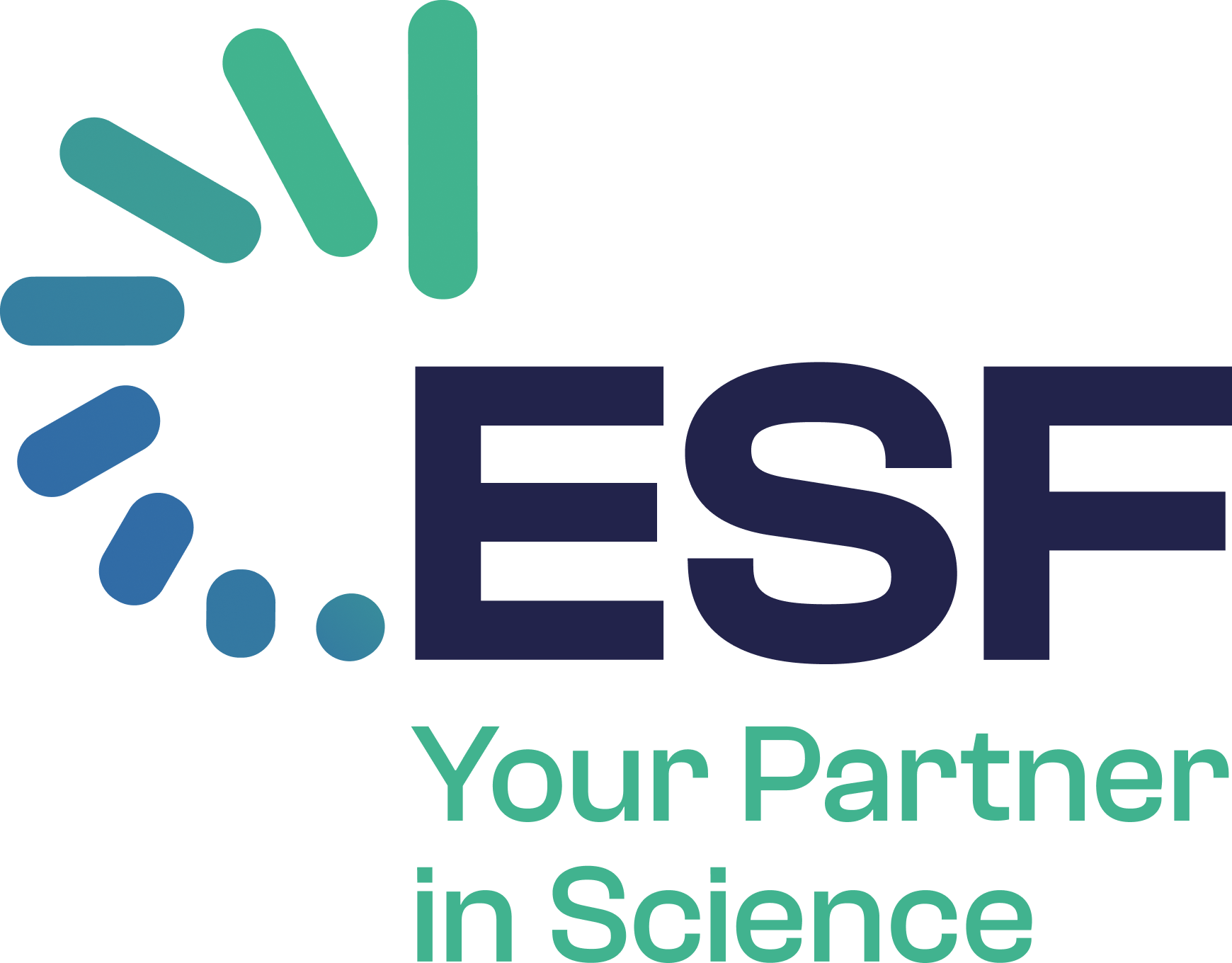UniSAFE

UNISAFE project has received funding from the European Union’s H2020 Research and Innovation programme under Grant Agreement n°101006261
Project Summary
UniSAFE is an EU-funded project that produced in-depth knowledge on gender-based violence and sexual harassment in research performing organisations, and translated this research into operational tools for higher education and research organisations.
The project partners collected empirical evidence of the prevalence of gender-based violence, understanding how this relates to its determinants and consequences, but also how it responds to the roles of university and research organisations in preventing, protecting, prosecuting, providing services, supported by policies and partnerships (7Ps model). These mechanisms were investigated at national, organisational and individual levels, using a holistic research model.
The project’s findings were translated into concrete policy recommendations, tailored tools and capacity-building activities to empower stakeholders to reduce gender-based violence in higher education and research organisations.
Project Outputs
Toolkit
UniSAFE’s Toolkit has been designed to support universities and research organisations in addressing gender-based violence: whether they are just starting to reflect on how to address this issue, designing a policy or are more advanced and seeking to improve an institutional policy or its implementation.
Resources
- Setting up a comprehensive policy framework addressing gender-based violence in academia: a step-by-step guide
- Awareness-raising campaigns on gender-based violence: A step-by-step guide for universities
- Developing a Protocol for addressing gender-based violence in research and higher education institutions: UniSAFE guidelines
Policy recommendations:
A set of recommendations highlight the role and contributions stakeholders can play to end gender-based violence:
- The “White Paper for policymakers and institutional managers” contributes to building a common understanding of gender-based violence.
- The White Paper “From policy to practice: The evidence base for ending gender-based violence in higher education and research”: draws attention to the roles and responsibilities of higher education and research organisations in addressing gender-based violence.
- A set of recommendations address specific stakeholder groups: policy-makers, higher education institutions and research organisations, staff and student associations and unions, umbrella organisations, research funding organisations.
- A first Policy Brief presents the project’s initial findings on gender-based violence in higher education and research to inform policy makers
- A second Policy Brief adresses gender-based violence in higher education and research through institutional change
GenderSAFE
Starting in March 2024, the GenderSAFE project will build on the results and tools developed in UniSAFE to support research and higher education institutions in setting up comprehensive policies to effectively counteract gender-based violence.
Project consortium
- European Science Foundation, France
- Örebro University, Sweden
- GESIS - Leibniz Institute for the Social Sciences, Germany
- Yellow Window, Belgium
- Universidad Complutense de Madrid, Spain
- Institute of sociology of the academy of sciences of the Czech Republic, Czech Republic
- Lithuanian Social Research Centre, Lithuania
- Jagiellonian University, Poland
- Oxford Brookes University, UK
Role of ESF
ESF was the Project Coordinator and led the work package on Communication, dissemination and exploitation.
Timeline & Funding
Project Website

This project has received funding from the European Union's Horizon 2020 research and innovation programme under grant agreement No 101006261
